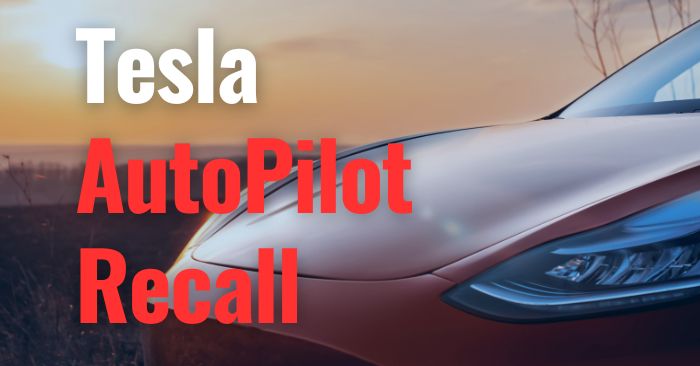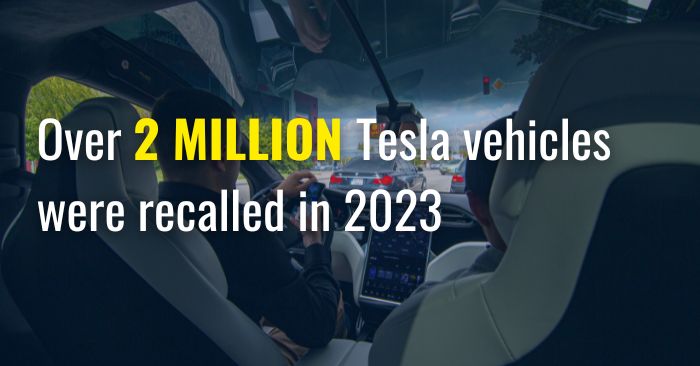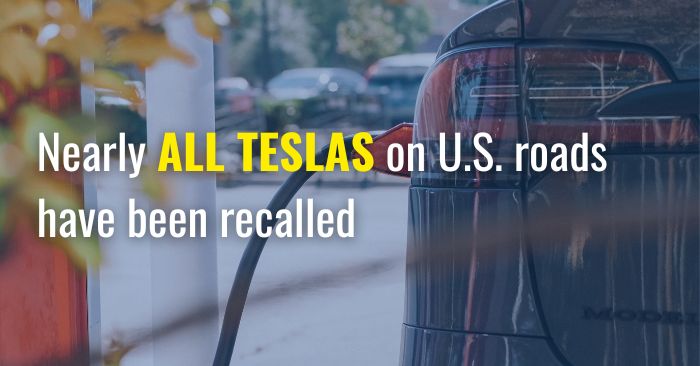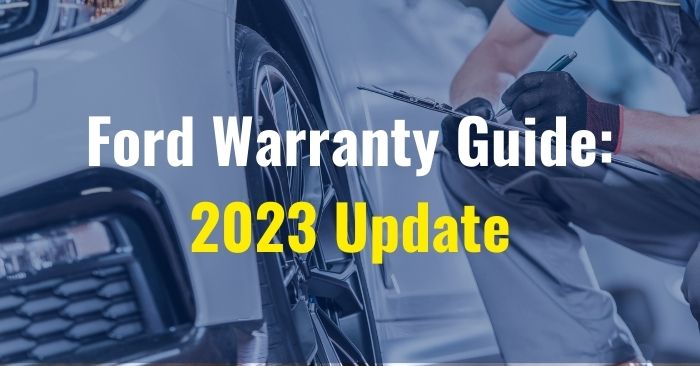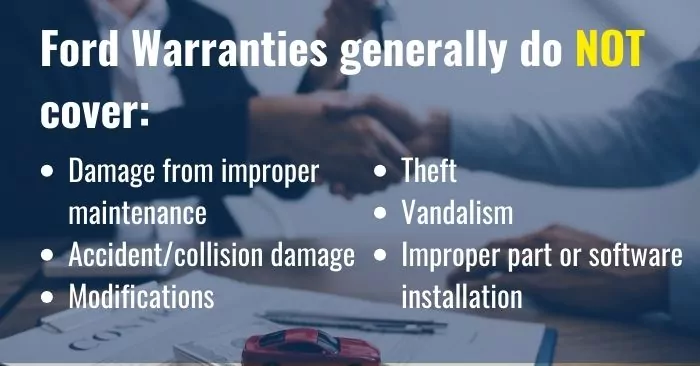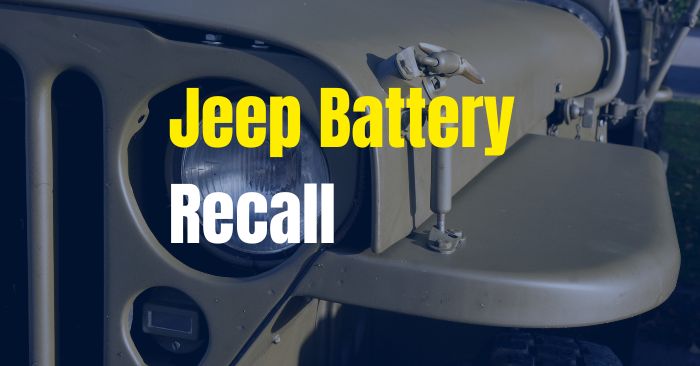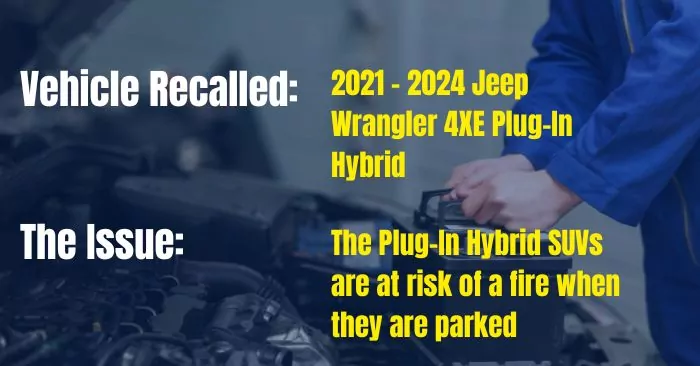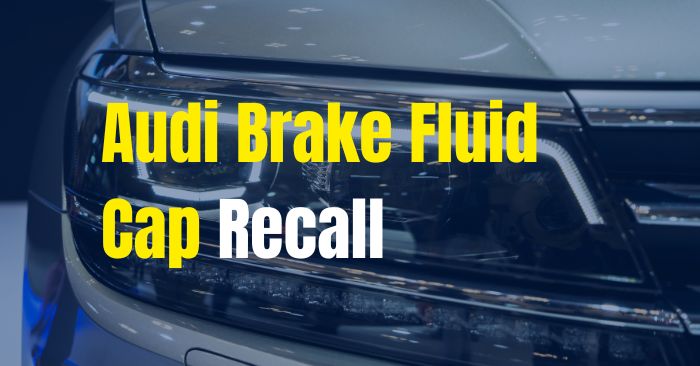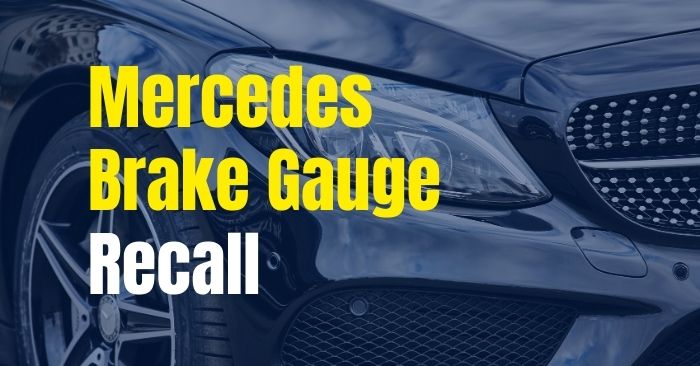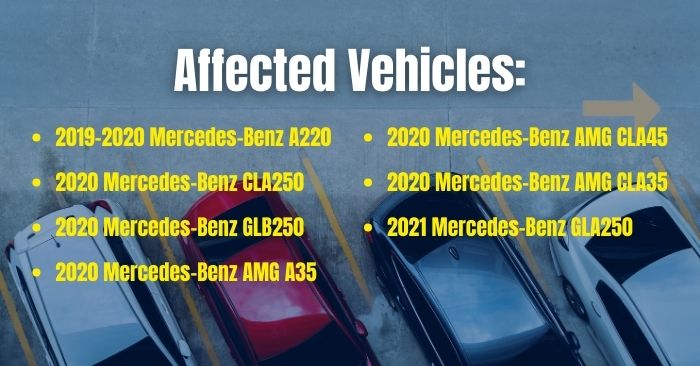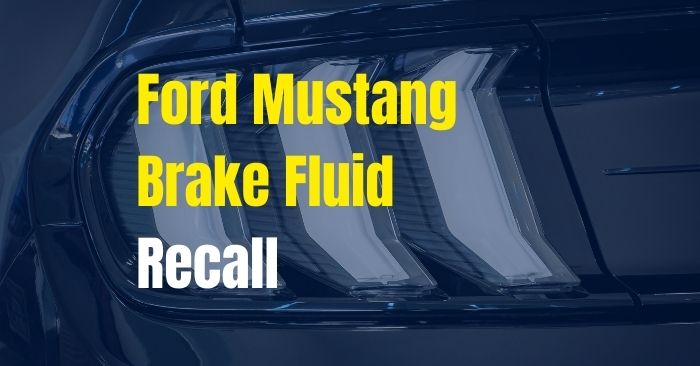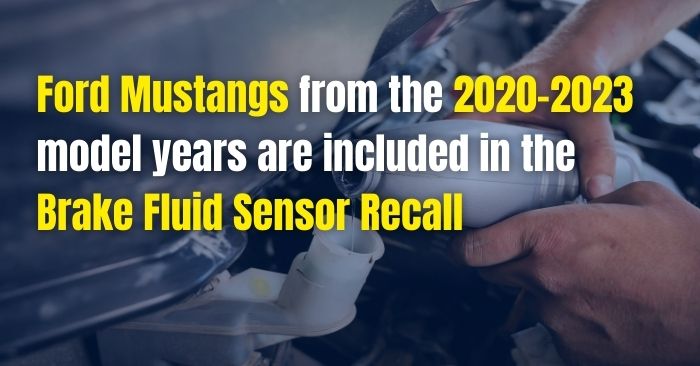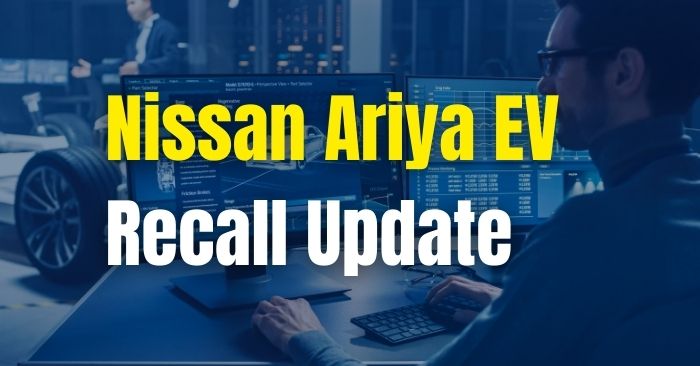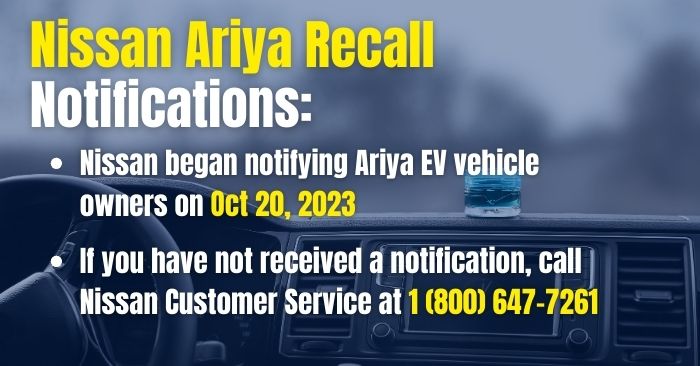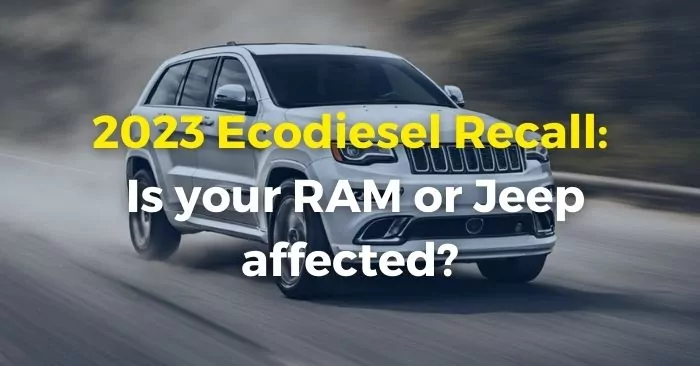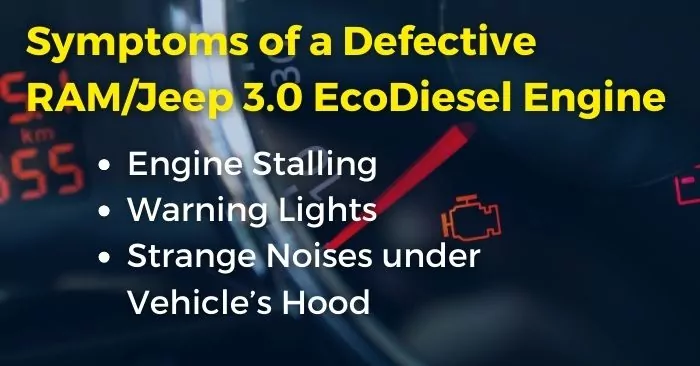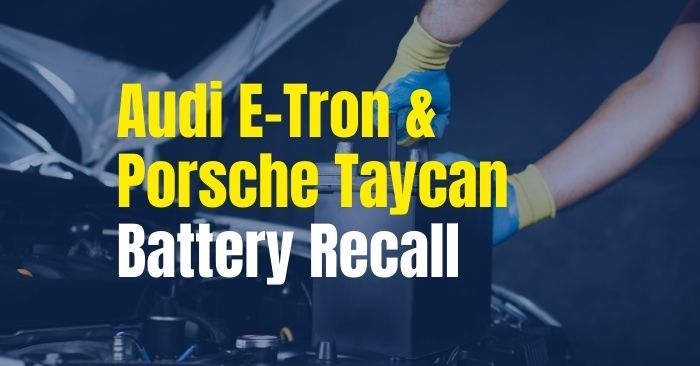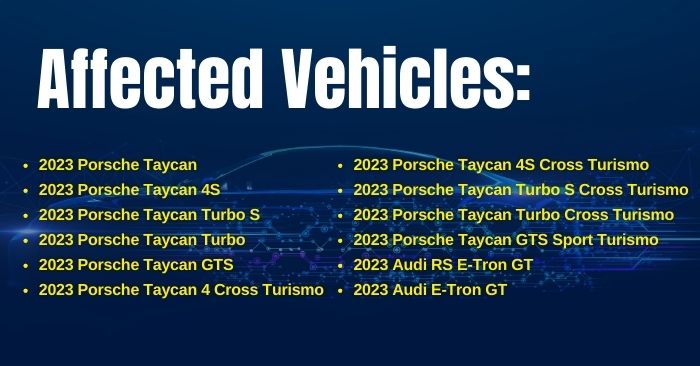The evolution of automobiles has undoubtedly revolutionized transportation, but alongside technological advancements, the industry has witnessed harrowing defects that have led to tragic consequences. Over the past decades, several critical defects in vehicles have resulted in fatalities across the United States, highlighting the paramount importance of stringent safety measures and accountability within the automotive sector.
Volkswagen Diesel Emissions Scandal (2009-2015)
Volkswagen faced a scandal for installing illegal emissions-cheating software in their diesel vehicles, manipulating emission test results. While not directly causing accidents, the environmental impact and health implications of excessive emissions raises substantial concerns.
Approximately 11 million cars were involved in the emissions scandal.
Hyundai / Kia Engine Defect (2010-2020)
Since 2010, Hyundai and Kia vehicles have experienced an increased fire risk caused by an engine defect. A significant number of vehicle fires have resulted in both fatalities and injuries, leading to substantial recalls and investigations.
Over 60 recalls have been released relating to the risk of Kia and Hyundai fires, with the majority focusing on the Theta II, Nu GDI, and Gamma GDI engines. A few other recalls focus on fires caused by the antilock braking system, and other components.
Keith Nash was killed in his mother’s 2014 Kia Soul after it caught fire in the parking lot of their apartment complex. The manufacturer did not release a related recall until two years after his death.
Over 3.4 million vehicles have been recalled due to fire risk. It has been reported that approximately 103 people have been injured and at least one person has been killed as a result of these defects.
Fiat Chrysler Gear Shifter (2012-2016)
Certain Fiat Chrysler vehicles were equipped with a confusing gear shifter design, leading to incidents where drivers inadvertently left the car in gear after parking. The unintuitive shifter has caused various rollaway accidents, as drivers were not clear on which gear the vehicle was in.
More than 1.1 million Chrysler, Dodge, and Jeep vehicles were recalled from the 2012-2016 model years. The FCA Gearshift probe has been linked to over 266 accidents and 68 injuries. Additionally, the defect was also linked to the unfortunate and tragic death of actor Anton Yelchin whose Jeep Grand Cherokee rolled backward down his driveway and crushed him.
Range Rover Defective Gear Selector (2012- 2020)
The Range Rover gear shifter issue is a concerning safety problem in certain models that has led to at least 28 potentially deadly rollaway incidents. This defect involved a gear selector that could fail to properly engage the park position, allowing the vehicle to roll away unexpectedly after the driver had exited the vehicle. The flaw led to several reported cases of injuries and accidents as unattended vehicles would unintentionally move, posing a significant risk to pedestrians and property.
The concern prompted recalls and subsequent fixes, emphasizing the importance of a properly functioning gear shifter in ensuring the safety of both drivers and the surrounding environment. Approximately 22,000 vehicles between the 2012 and 2014 model years were recalled due to this defect, though many consumers note that the issue has also been identified in later model years.
The Range Rover gear shifter issue has been linked to the death of Misa designer, Shadi Farhat, who was killed by her Range Rover when it unexpectedly rolled backwards and crushed her. Another victim, Gina Warsavsky, faced a similar incident in which her hand was run over by the vehicle, requiring reconstructive surgery.
PT Cruiser Under-Hood Fire (2001-2005)
The PT Cruiser under-hood fire defect was caused by a power steering pressure hose which could come into contact with the automatic transaxle, potentially causing damage to the hose. If the hose becomes damaged, it could result in a leak, potentially leading to a fire underneath the hood of the vehicle. Over 438,000 PT cruiser vehicles between the model years 2001-2005 were included in this recall.
In 2004, sisters Jacqueline and Raechel Houck lost their lives in a PT Cruiser they rented from Enterprise. The vehicle was rented to them only 30 days after Enterprise received a recall notice from the manufacturer. The vehicle caught fire due to the defect, causing them to lose steering control and collide with an 18-wheeler.
Tesla Full Self Driving (2016–2023)
One of the significant Tesla recalls in the United States involved over 362,000 Tesla Model S, Model X, Model Y and Model 3 vehicles. This recall was issued in February of 2023 due to a potential defect related to the vehicles’ driver-assistance system, known as Tesla’s Full Self-Driving (FSD).
The recall was concerning the FSD beta software, which could potentially allow some vehicles to drive themselves, raising safety concerns. The recall aimed to deactivate the beta software on affected vehicles and prevent its reactivation, emphasizing safety concerns and the importance of ensuring proper usage of advanced driver-assistance systems.
In 2019, Micah Lee’s Tesla Model 3 suddenly veered off the highway in Los Angeles, California and struck a palm tree and burst into flames. Lee tragically passed away because of the accident, which was alleged to be caused by the Autopilot feature. Tesla’s autopilot feature has been linked to over 736 crashes since 2019 in the United States alone, and 17 fatalities.
Takata Airbag Inflators (2001-2020)
Takata’s faulty airbag inflators remain one of the most notorious defects in recent history. Due to a defect in the inflator’s design, the airbags could deploy explosively, propelling shrapnel into the vehicle cabin upon deployment. This defect caused numerous injuries and fatalities, leading to one of the largest and most complex recalls in automotive history.
Approximately 67 million Takata air bags have been recalled over the years because they could explode when deployed. There have been approximately 26 Takata airbag deaths and over 400 injuries worldwide confirmed as a result of the faulty airbags.
Unfortunately, a recall addressing this issue was not released until years after many consumers had been injured or killed. Ashley Parham of Oklahoma and Gurjit Rathore of Virginia, for example, were killed in 2009 following an airbag explosion which sent shrapnel into their necks. Another victim, Susan Cosgrove of California, was killed in a low-speed accident in 2014. The recall notice related to the issue was delivered to her house following her death.
Ford Pinto Exploding Gas Tank (1971-1976)
The Ford Pinto fire defect was caused by fuel tank design flaws making it more susceptible to leakage, potentially resulting in a fire in the event of a rear end collision.
After much publicity and pressure, the manufacturer decided to release a recall for 1971-1976 Ford Pinto and 1975-1976 Mercury Bobcat vehicles equipped with the defective fuel tank. The NHTSA investigated the issue, finding 27 deaths in rear-end collisions that resulted in vehicle fires.
One of these incidents involved Lilly Gray and Richard Grimshaw of California, whose vehicle erupted into flames following a rear end accident. Lilly tragically passed away a few hours after the accident, and 13-year-old Richard suffered grave burns, resulting in dozens of surgeries.
Toyota Sudden Unintended Acceleration (2000-2010)
Toyota encountered a significant issue related to sudden unintended acceleration, primarily caused by faulty accelerator pedals and floor mats. These defects led to multiple accidents, resulting in fatalities and injuries, necessitating one of the most extensive vehicle recalls in history.
From the start of 2000, the NHTSA received over 6,200 complaints from consumers experiencing unintended acceleration issues. In 2009 and 2010, Toyota recalled approximately 8 million vehicles in the United States for two related safety defects.
89 people were killed due to the Toyota unintended acceleration defect. Victims Cleofe Lastrella Saylor, her daughter Mahala, and brother Chris were killed in an accident in which their accelerator pedal became stuck, causing the vehicle to accelerate to speeds over 100 MPH.
Firestone Exploding Tires
The Firestone tire recall of the early 2000s remains a haunting chapter in automotive safety, characterized by a flaw in certain Firestone tires primarily installed on Ford Explorer SUVs. Tread separation issues plagued these tires, causing a slew of harrowing rollover accidents due to sudden blowouts.
This defect resulted in an alarming toll of over 270 fatalities and countless injuries, prompting a staggering recall of approximately 6.5 million tires. A year later, Ford issued another recall for 13 million tires not included in the previous recall in 2000. Tragically, Garry Lynn Meek and his 13-year-old granddaughter had already lost their lives after their tire separated, causing the vehicle to roll.
The scale of this recall was unprecedented, shaking the automotive industry and prompting a deep reevaluation of safety protocols and manufacturing standards, emphasizing the paramount importance of tire safety in vehicles.
Jeep Grand Cherokee Fuel Tank Design (1993-2007)
The rear-mounted fuel tank design in certain Jeep models led to fuel leaks, potentially resulting in fires in the event of a rear-end collision. This design flaw resulted in numerous fatalities and injuries, prompting concerns and subsequent legal actions.
Approximately 1.56 million of the 2.7 million recommended Jeeps were recalled. As a result, thousands of Jeeps with potentially fatal fuel tank defects remain on the road today. Consumer Affairs reported that at least 270 victims had burned to death in their vehicles in 2013. A couple years later, 4-year-old Remington Walden was killed in his family’s Jeep after they were rear-ended.
General Motors Ignition Switch (2004-2010)
General Motors faced a massive recall due to a faulty ignition switch that could inadvertently shift into the “off” position while driving. This flaw disabled critical safety features like airbags and power steering, resulting in as many as 126 fatalities reported in 2015. According to the Center for Auto Safety, around 303 deaths can be linked to the failure of airbag deployment–a detrimental byproduct of the GM Ignition switch defect.
In the early 2000s, engineers reportedly noticed an issue in the 2001 Saturn Ion in which the ignition switch could switch off if hit by accident. Unfortunately, a recall was not released until 2014. Many drivers were affected by this defect prior to the recall release date, including Brooke Melton, whose Chevy Cobalt lost power, causing her to veer into oncoming traffic and tragically lose her life.
Approximately 2.6 million vehicles were affected by the faulty ignition switch included in Chevrolet Cobalt, Chevrolet HHR, Saturn Ion, Saturn Sky, Pontiac G5, and Pontiac Solstice models.
Ford Bronco II Design Defect (1984-1990)
The Bucking Bronco defect is the deadliest defect of all time, reportedly causing over 17,000 people to be involved in rollover crashes between 1984 and 1996. The defective Bronco II’s design allowed it to tip onto two wheels at speeds as low as 20 MPH.
Ford engineers calculated the vehicle’s stability index and found that it was significantly lower than those of its competitors. Several fixes were suggested and subsequently vetoed after the manufacturer deemed that the adjustments may delay the launch and/or affect the vehicle’s profitability. The number of fatalities and injuries are unclear, with some sources noting over 800 fatalities related to the Bucking Bronco rollover defect.
Brenda Goff’s ten-year-old son, like many other victims, was killed in a Ford Bronco rollover accident. A recall repair could have saved his life. Another victim, Donald Taylor, was completely paralyzed when his Bronco vehicle rolled over in an accident.
Unfortunately, a recall was never provided for Bronco owners. Instead, the vehicle was removed from production, and replaced with the Ford Explorer–which would face its own share of rollover problems down the line.
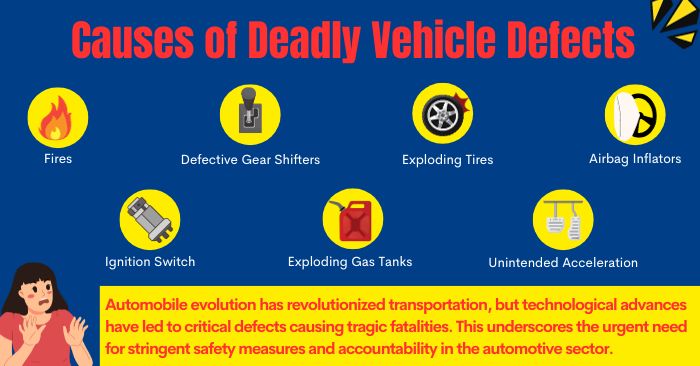
| Vehicle Defect |
Approximate # of Vehicles Affected |
| Volkswagen Diesel Emissions Scandal |
Around 11 million cars were implicated in the scandal. |
| Hyundai / Kia Engine Defect |
Over 3.4 million vehicles have been recalled due to fire risk. |
| Fiat Chrysler Gear Shifter |
Over 1.1 million Chrysler, Dodge, and Jeep vehicles from 2012-2016 were recalled due to the FCA gearshift issue. |
| Range Rover Defective Gear Selector |
Approximately 22,000 vehicles from 2012 to 2014 were officially recalled for this defect, though it has been identified in later models as well. |
| PT Cruiser Under-Hood Fire |
The PT Cruiser’s under-hood fire issue led to a recall of over 438,000 vehicles from 2001-2005. |
| Tesla Full Self Driving |
Around 362,000 Tesla vehicles were affected due to a potential defect in the Full Self-Driving (FSD) system’s beta software. |
| Takata Airbag Inflators |
Approximately 67 million airbags have been recalled due to faulty Takata inflators. |
| Ford Pinto Exploding Gas Tank |
Ford Recalled 1.5 Million Pintos and 30,000 Mercury Bobcats for the gas tank defect. |
| Toyota Sudden Unintended Acceleration |
Between 2009 and 2010, approximately 8 million vehicles were recalled in the United States due to Toyota’s Unintended Acceleration issue. |
| Firestone Exploding Tires
|
The first Firestone tire recall affected approximately 6.5 million tires, with an additional recall of 13 million tires by Ford a year later. |
| Jeep Grand Cherokee Fuel Tank Design |
Despite recalling 1.56 million of 2.7 million recommended Jeeps, thousands with the dangerous fuel tank defect remain on the road. |
| General Motors Ignition Switch |
General Motors faced a major recall due to a faulty ignition switch, affecting 2.6 million vehicles. |
| Ford Bronco II Design Defect |
An official recall or approximate number of affected vehicles was never released, however, over 17,000 rollover accidents occurred due to the issue. |
Addressing Defects Saves Lives
These defects underscore the critical need for stringent safety standards, transparent reporting, and swift action to rectify faults within the automotive industry. While recalls aim to address such issues, they often arrive after tragic incidents have occurred, highlighting the necessity for proactive safety measures and stricter regulatory oversight.
Automobile manufacturers bear a significant responsibility to prioritize safety and address defects promptly to prevent further harm to consumers. Moreover, consumers must remain vigilant, promptly addressing any safety concerns or recalls affecting their vehicles to ensure their well-being on the road.
As the automotive industry progresses, the lessons learned from past incidents must serve as a catalyst for continuous improvement in automobile safety, aiming to prevent such deadly defects from recurring in the future.
